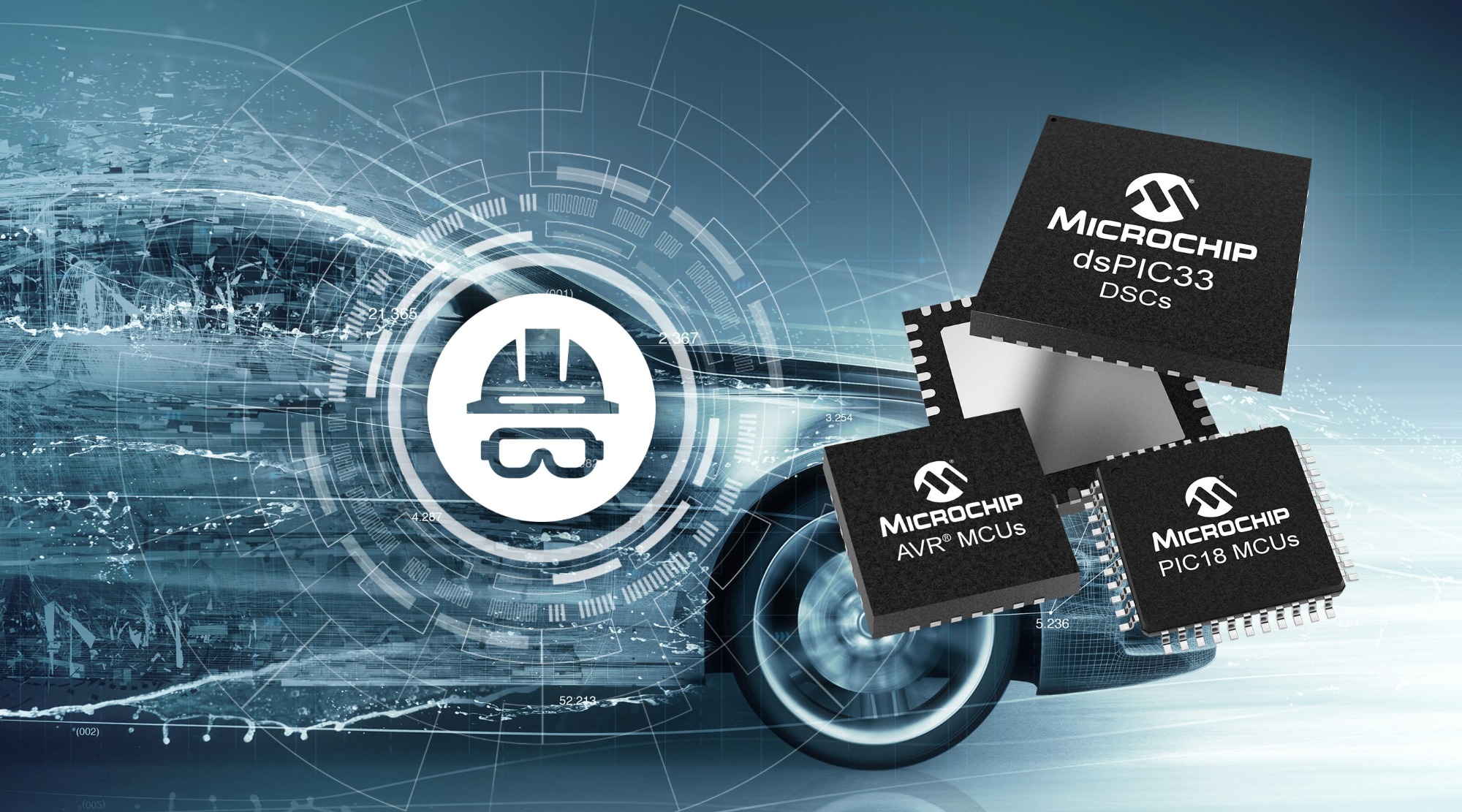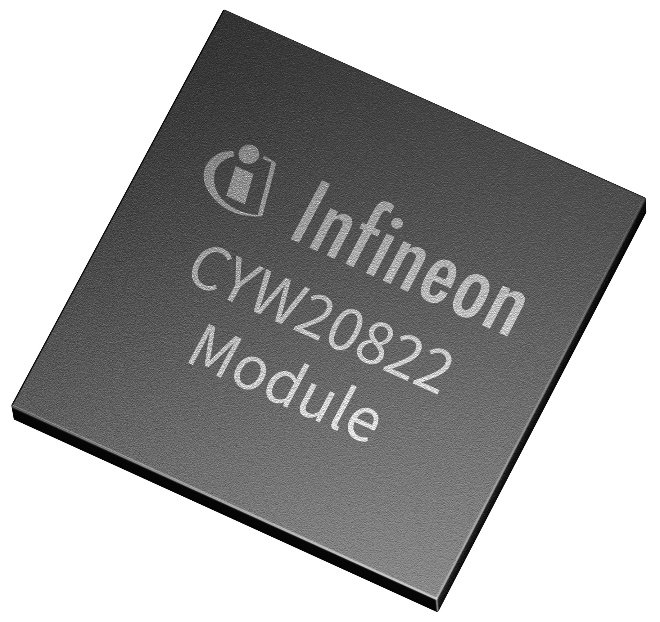 Qingming Festival holiday notice
Qingming Festival holiday notice
Apr .02.2024
On April 4th, it is the traditional Chinese festival Qingming Festival. According to traditional customs, we will return to our hometown to worship, ancestor worship, and tomb sweeping. We will enjoy a three-day holiday and return to our hometown to worsh
 Easter Notice
Easter Notice
Mar .29.2024
During the Easter holiday, SIC Electronics’ companies in the United States, Hong Kong, and the United Kingdom are on holiday, but employees of the Chinese company work normally.

 Qingming Festival holiday notice
Qingming Festival holiday notice
 Microchip Technology Announces Qi® v2.0 Compliant, dsPIC33-Based Reference Designs
Microchip Technology Announces Qi® v2.0 Compliant, dsPIC33-Based Reference Designs
 Easter Notice
Easter Notice
 Infineon launches low-cost, low-power, long-distance Bluetooth module CYW20822-P4TAI040
Infineon launches low-cost, low-power, long-distance Bluetooth module CYW20822-P4TAI040